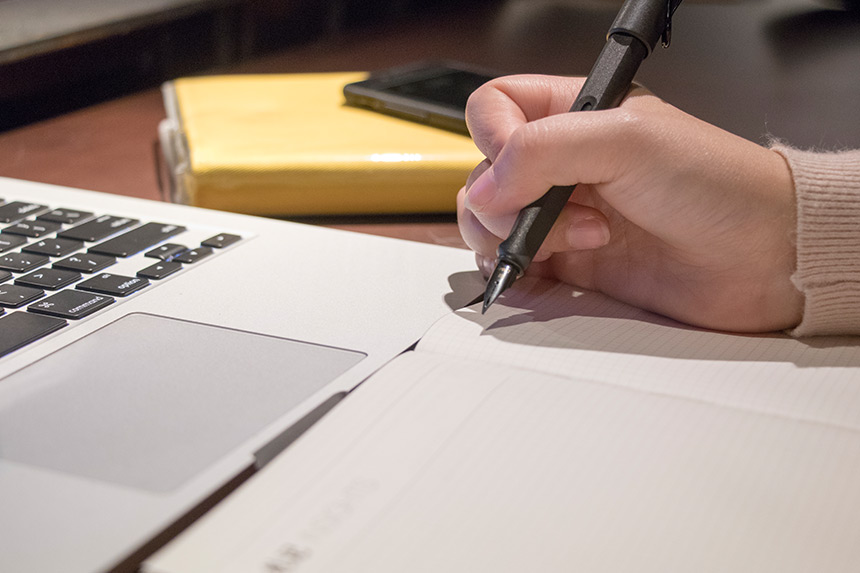How to take notes at academic conferences? Taking effective notes at academic conferences is crucial for retaining information and synthesizing ideas for later use. Here are some strategies to help you capture the key points and insights from conference sessions:
1. Prepare in Advance
- Review the Schedule: Familiarize yourself with the conference agenda and select the sessions that are most relevant to your research or interests.
- Read Abstracts: Look over abstracts for each talk or poster presentation to get a sense of the main topics and research questions.

- Set Goals: Define what you want to achieve from the conference. Are you looking for new ideas, networking opportunities, or specific information?
2. Choose the Right Tools
- Digital Tools: Consider using tools like Microsoft OneNote, Evernote, or Google Docs for easy access and organization. Tablets or laptops can also help with quick note-taking.
- Paper Notebooks: If you prefer writing by hand, choose a notebook that is easy to organize (like one with sections or dividers). Bring extra pens or pencils.
- Recording Devices: With permission, you could record sessions to capture the full discussion for later reference, but focus on key points during live presentations.
3. Note-Taking Techniques
- Outline Method: Organize your notes hierarchically, using headings and subheadings to structure information logically.
- Cornell Method: Divide your page into two columns for cue words or questions on one side and detailed notes on the other, with a summary section at the bottom.
- Mind Mapping: Create a visual representation of the ideas presented, which can help in seeing relationships and hierarchies.
- Key Points Only: Focus on capturing key concepts, findings, and implications rather than transcribing everything verbatim. This makes it easier to digest later.
4. During Sessions
- Stay Focused: Minimize distractions (e.g., silence your phone). Concentrate on the speaker and their visual aids.
- Engage with the Material: Note your thoughts and questions as they arise; this can help foster deeper understanding.
- Capture Quotes: Write down significant quotes or statements that resonate with you. Use quotation marks to indicate they’re not your own words.
5. After Sessions
- Review and Revise: Quickly go over your notes while the information is fresh. Fill in any gaps, clarify points, or add context.
- Summarize Key Takeaways: Write down the main insights and how they relate to your work or interests.
- Contact Details: Note down the contact information of speakers or attendees you might want to connect with later.
6. Networking and Collaboration
- Share Insights: Discuss takeaways with other attendees to reinforce learning and explore different perspectives.
- Follow Up: Reach out to speakers or other attendees after the conference to thank them for their presentation or continue the conversation.
7. Utilize Notes for Future Work
- Organize Your Notes: Regularly organize and store your conference notes in a digital format for easy reference.
- Integrate Learnings: Consider how the insights you gained can influence your current research projects, publications, or teaching.
By implementing these strategies, you can maximize the value of your conference experience and ensure that you leave with actionable knowledge and connections.

